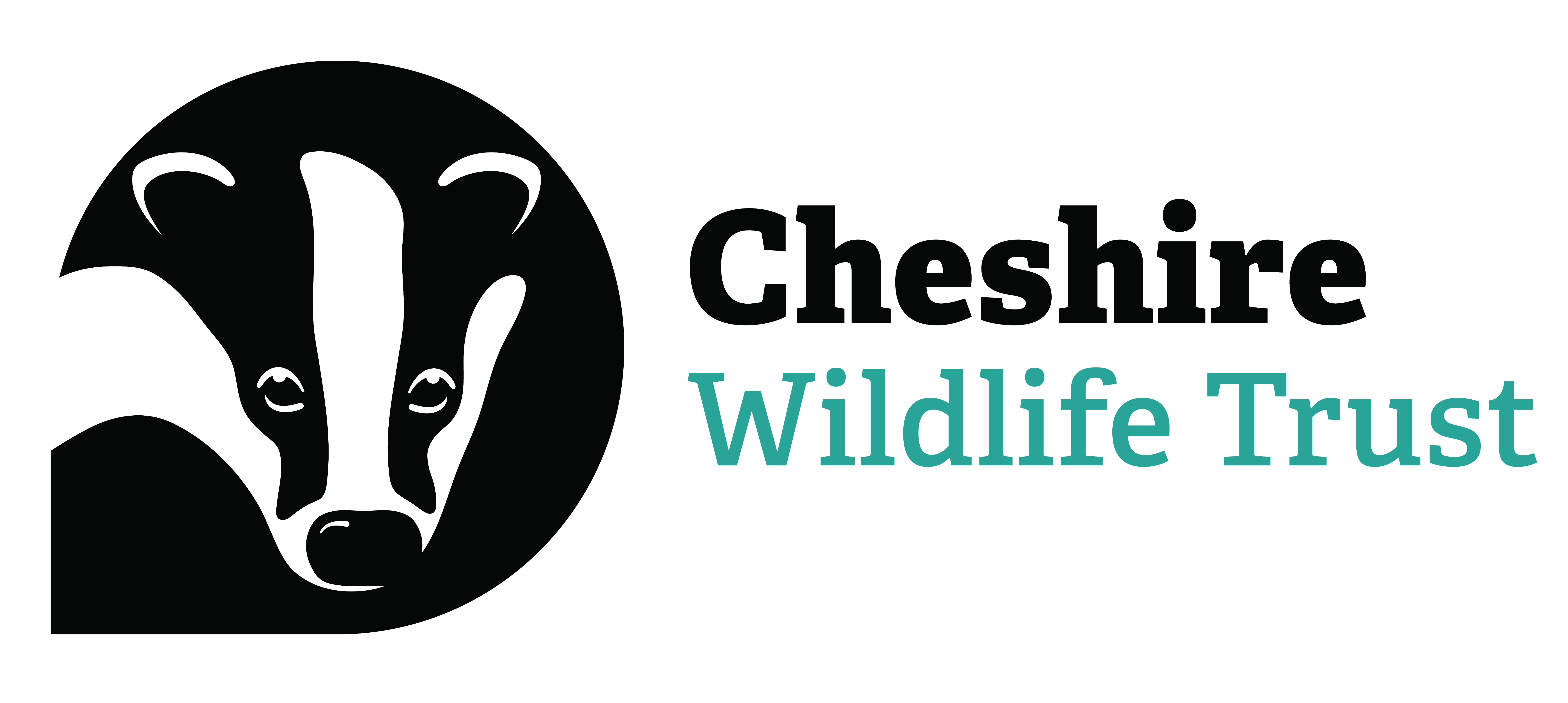The Trusts are launching an ‘Action for Insects’ campaign to counter the decline and believe that with coordinated and concerted action from government, local authorities, food growers and the public, insect populations can recover and restore their role in the ecosystems that support all life. (see summary of the reports finding in the editor’s notes).
The group are also supporting the introduction of an ambitious and legally binding pesticide reduction target for the UK; a crucial step in safeguarding invertebrates.
A number of other countries in Europe are already making progress towards achieving the urgently-needed transition away from routine use of harmful chemicals in urban green spaces, gardens and farmland.
In a sobering warning the report concludes: “The consequences are clear; if insect declines are not halted, terrestrial and freshwater ecosystems will collapse, with profound consequences for human wellbeing.”
Cheshire Wildlife Trust supports the findings of the report and is getting behind the ‘Action for Insects’ campaign. It wants individuals to sign an online pledge to take action in their gardens in order to help the recovery of invertebrates within Cheshire.
Each month, Cheshire Wildlife Trust releases a ‘gardening for nature video’ showcasing one change that people can make in their garden to contribute to nature’s recovery. The first video premiered earlier this month and demonstrates how to create a wildflower patch in your garden.
James Melling, Campaigns Officer for Cheshire Wildlife Trust says, “With there being an estimated 24 million gardens in the UK, there is huge potential for reversing the decline of insects by just starting at home. By adapting the way, we garden, we can create vital habitat that will support insect populations throughout the year. Our gardens may seem small but they account for up to a quarter of the land in our urban areas and cover an area larger than all the nature reserves combined. We need to turn every garden into a wildlife haven if we want to see the situation change.”
Prof Goulson, author of the report, says:
“Insects make up the bulk of known species on earth and are integral to the functioning of terrestrial and freshwater ecosystems, performing vital roles such as pollination, seed dispersal and nutrient cycling. They are also food for numerous larger animals, including birds, bats, fish, amphibians and lizards. If we don’t stop the decline of our insects there will be profound consequences for all life on earth.
And it’s not just our wild bees and pollinators that are declining – these trends are mirrored across a great many of other invertebrate species. Of serious concern is the little we know about the fate of many of the more obscure invertebrates that are also crucial to healthy ecosystems.
What we do know however is that the main causes of decline include habitat loss and fragmentation, and the overuse of pesticides. Wild insects are routinely exposed to complex cocktails of toxins which can cause either death or disorientation and weakened immune and digestive systems.”
